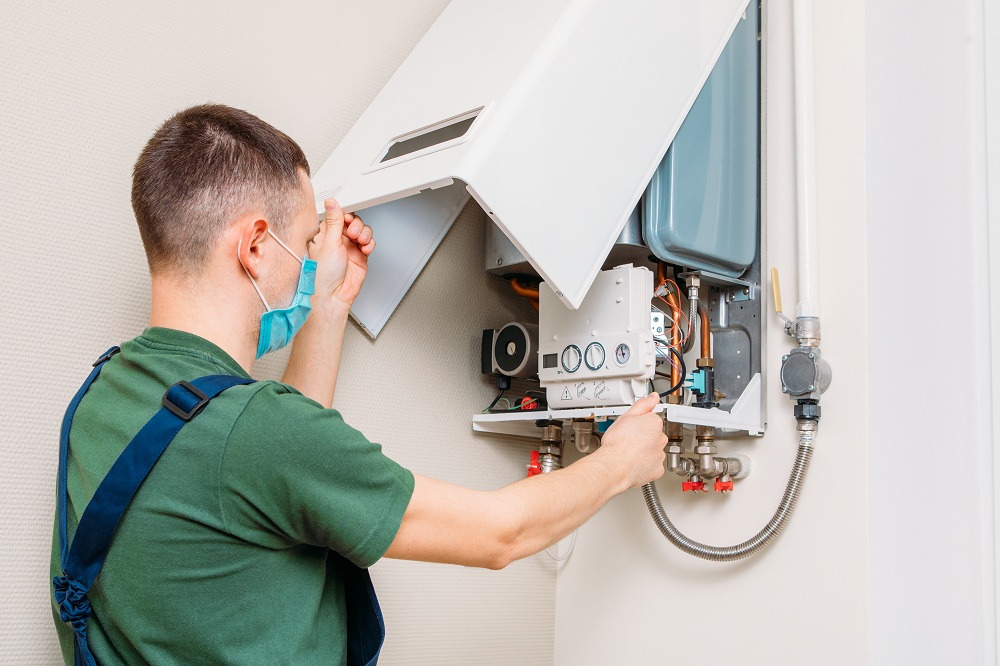Tech
Tips to Reduce the Frequency in Which You Need Heating Repairs

Living through the winter without a working heater can be miserable. But calling your local heating repair Phoenix-based company over and over can get expensive and time-consuming. Luckily, there are things you can do to keep your heating system running smoothly and reduce the chances you’ll need to request heating repairs.
Check and Replace Air Filters Regularly
One of the best ways to avoid heater repairs is to replace your air filter on a regular schedule. Air filters collect dust, dirt, pollen, and other particles. When they get really clogged up, they prevent proper airflow. This strains your heating system and can cause serious problems over time.
So check that air filter at least every 3 months during peak heating season. Some experts even recommend monthly. If it looks really dirty, replace it right away. Staying on top of this quick and inexpensive maintenance task will keep your furnace or heat pump breathing easy.
Bleed Radiators and Clean Fuel Supply Lines
If you have hot water or steam radiators, air bubbles can reduce efficiency and circulation. This strains the boiler. Bleeding the air from radiators and pipes once or twice per season helps everything flow smoothly.
For homes with oil or propane heat, dirty fuel supply lines cause similar issues. Professional cleaning, especially before winter, removes sediment so fuel can get where it needs to go. Taking care of these lesser-known maintenance items makes for a happy heating system.
Seal Air Leaks Around Windows and Doors
Here’s a tip that saves energy along with preventing heating repairs. Seal any leaks, allowing outdoor air to creep into your home. This cold air forces the heating system to work extra hard, compensating for the lowered indoor temps.
Apply weatherstripping around movable joints like doors and windows. Caulk along baseboards and other seams and cracks. An affordable tube of caulk goes a long way toward keeping hot air in, so the heat stays on. An added bonus – fewer drafts make your home feel more comfortable all winter long.
Have an HVAC Technician Perform Yearly Tune-Ups
You probably get your vehicle tuned up every year or two to keep it running reliably. Your heating unit deserves the same attention! HVAC professionals offer maintenance tune-ups that catch small problems before they turn into major expenses.
A typical heating tune-up includes:
Checking refrigerant levels and pressure
Inspecting wiring connections
Cleaning critical parts like burners and heat exchangers
Testing for carbon monoxide
Monitoring airflow
Tune-ups take less than an hour but have huge preventive benefits. They can even improve energy efficiency, allowing properly maintained equipment to heat your home using less power.
Purchase Emergency Heating Repair Coverage
Even if you’re diligent with preventive maintenance, heating systems can still break down unexpectedly. It’s smart to have a plan in place, so you minimize costs and disruption when the unexpected strikes.
Many HVAC companies offer emergency heating repair coverage. For a small monthly or annual fee, they’ll give your calls top priority and waive diagnostic fees if problems arise. The peace of mind of knowing you won’t get stuck in an icy house for days is worth it.
With a bit of regular care and planning, you can avoid constantly calling the heating professionals out to your rescue. Follow these handy tips so your furnace or heat pump hums along steadily all winter long! Maintaining your home’s heating system well means you can look forward to a warm, cozy season.
Harper Harrison is a reporter for The Hear UP. Harper got an internship at the NPR and worked as a reporter and producer. harper has also worked as a reporter for the Medium. Harper covers health and science for The Hear UP.










